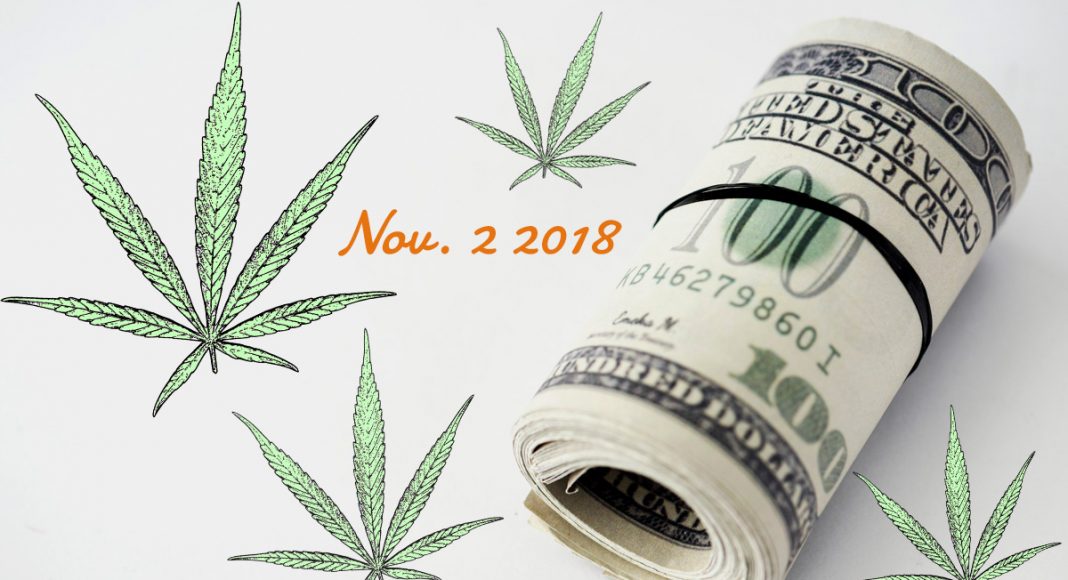Curaleaf began trading on the Canadian Securities Exchange on October 29 with the symbol CURA. The stock fell almost 20% on the first day of trading but quickly began to rebound. The company had an initial valuation of $4 billion.
The New York Stock Exchange listed Aphria Inc. and then delisted India Globalization Corp. Aphria stock will begin trading on the NYSE on November 2, while IGC shares have been suspended immediately. Diego Pellicer did a 20 to 1 reverse split and received a temporary stock symbol from the OTC Markets of DPWWD until November 30, when it will revert to DPPW.
Arizona is hot this week and not just temperature wise.
MedMen acquired Arizona-based Level Up in a cash and stock deal valued at $33 million. It includes licenses for 2 vertically integrated operations with retail stores in Scottsdale and Tempe. In addition, MedMen gets a 40% stake in K.I.N.D. concentrates and will get to put its locally made MedMen products in the Arizona stores.
Cresco Labs has acquired Arizona Facilities Supply for an undisclosed amount. It includes 2 cultivation facilities, a processing facility, and a dispensary.
Separately Sugarmade acquired the hydroponic supply company Sky Unlimited in a $40 million deal.
Lots of capital raises to go over.
Hydrofarm raised $55 million and said it is planning a 2019 IPO.
Tiger Global and Casa Verde combined to invest $50 million into seed-to-sale software company Metrc.
Wayland Group Raised $50 million, Indus Holding company raised $46 million. and Jane Technologies raised $6 million.
And finally, the Nevada Dispensary Association issued a report on the effect of legal cannabis sales to the economy. Currently, adult use cannabis sales account for 63% of all cannabis sales in the states, while medical sales make up the remaining 37%. Between 2018 and 2024, the state’s adult use cannabis industry is expected to generate an estimated $8 billion of economic activity.
Additionally, the industry is expected to support approximately 67,000 jobs in the same period. Cannabis regulations are also forecasted generate roughly $3.6 billion in direct, indirect, and induced labor income.
Direct spending in the cannabis industry is also projected during this period to have a multiplier effect of 1.63; which means that for every $1 spent on retail cannabis, another $0.63 will be generated throughout the state economy.


